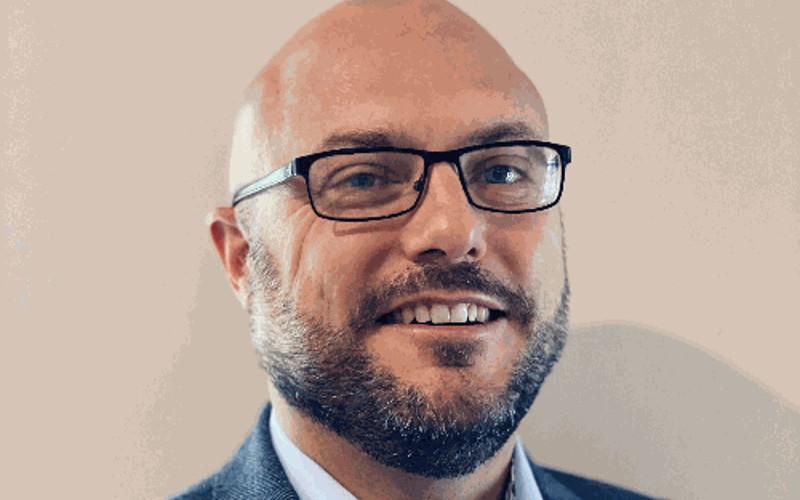Life science discovery provider Axol Bioscience has raised £3.2 million funding.
The funding will support the Cambridge firm’s drug screening and discovery platform, including investment into its Edinburgh facility.
The round was led by existing investors Calculus Capital, Par Equity and Scottish Enterprise, with support from Meltwind, including early investor and Meltwind CEO Dr Jonathan Milner. It has now raised £7m in total.
The funds will be used to bring new human-induced pluripotent stem cell (iPSC) products and service solutions for cardiac, neuroscience and immune cell modelling to the drug discovery and screening markets.
It will also enable Axol to further optimise its cell culture quality and iPSC manufacturing capabilities at its Edinburgh site, based at the Roslin Institute, as well as support recruitment efforts to expand its commercial team.
It will also facilitate the continued development of the company’s digital platform.
“At Axol, we’re setting a new standard in iPSC quality and manufacture,” said Liam Taylor, CEO. “This investment enables us to continue to build and apply our quality-driven mindset to develop robust, reliable, ready-to-use iPSCs for pre-clinical R&D and drug development, as well as to focus on the expansion of our commercial team.”
Dr Thomas Stratford, interim chairman, added: “We are delighted to have secured additional funding from our existing investors in this oversubscribed round. This reflects both the potential of Axol’s iPSC technology and products, and the unrivalled expertise of our team.
“This investment reinforces our ongoing mission to develop the high-quality, validated human cell biology tools needed to drive innovation in medical research and drug discovery.”
https://businesscloud.co.uk/medtech-50/
Dr Milner said: “Axol is well positioned in the global iPSC market to support advances in drug screening and discovery.
“We look forward to the company’s future iPSC product developments, poised to provide more physiologically relevant and consistent human disease models and screening assays to, ultimately, progress next-generation therapies for neuroscience and cardiac diseases to the clinic, faster.”


